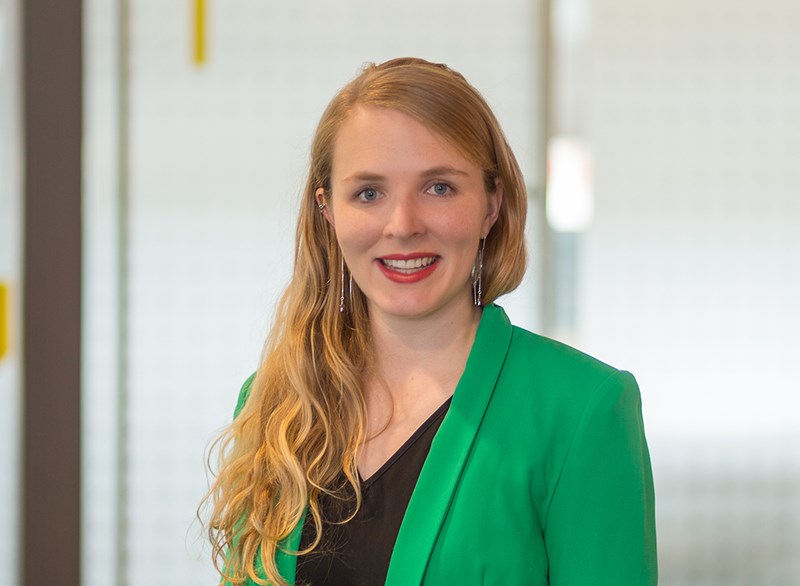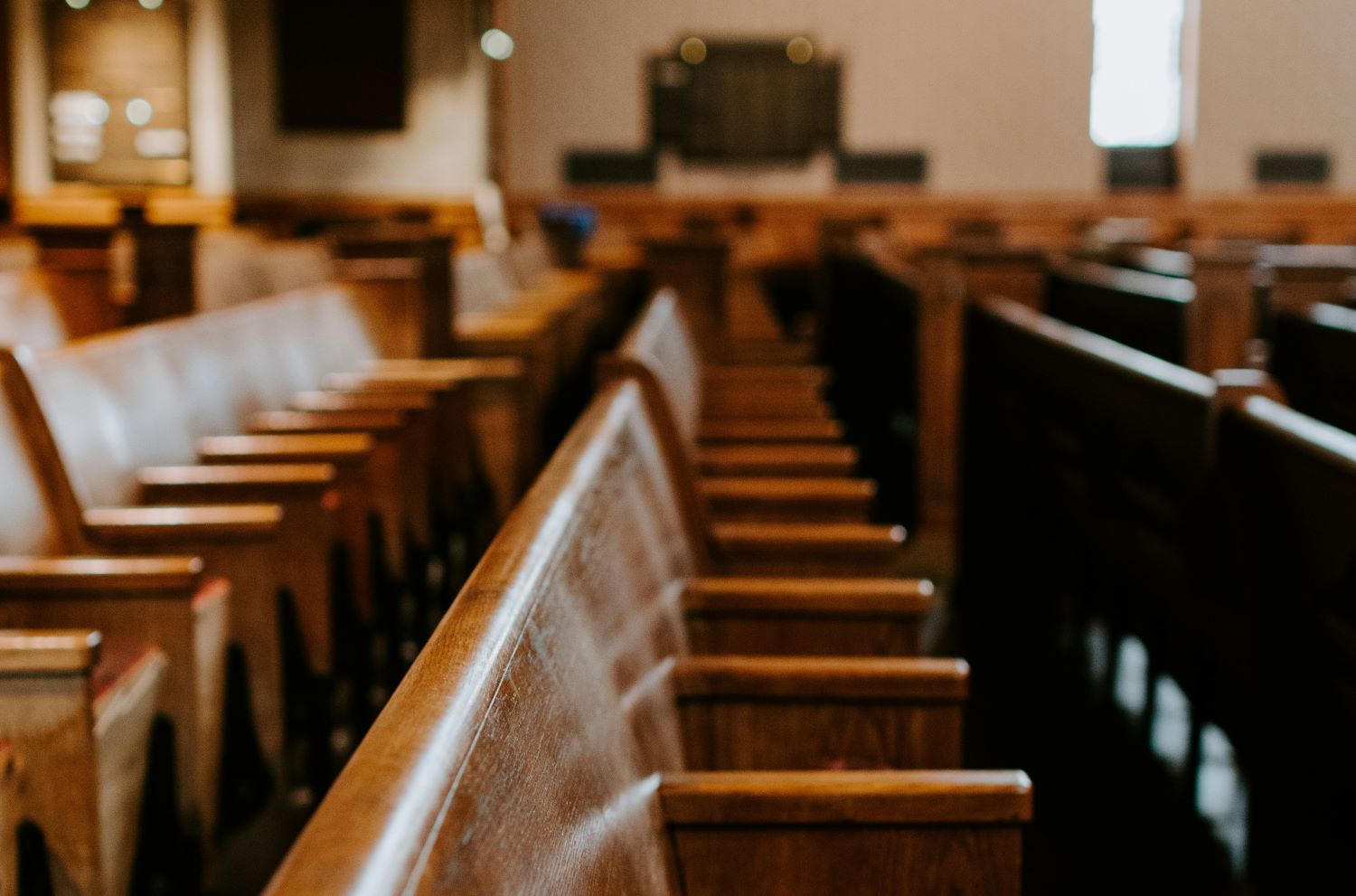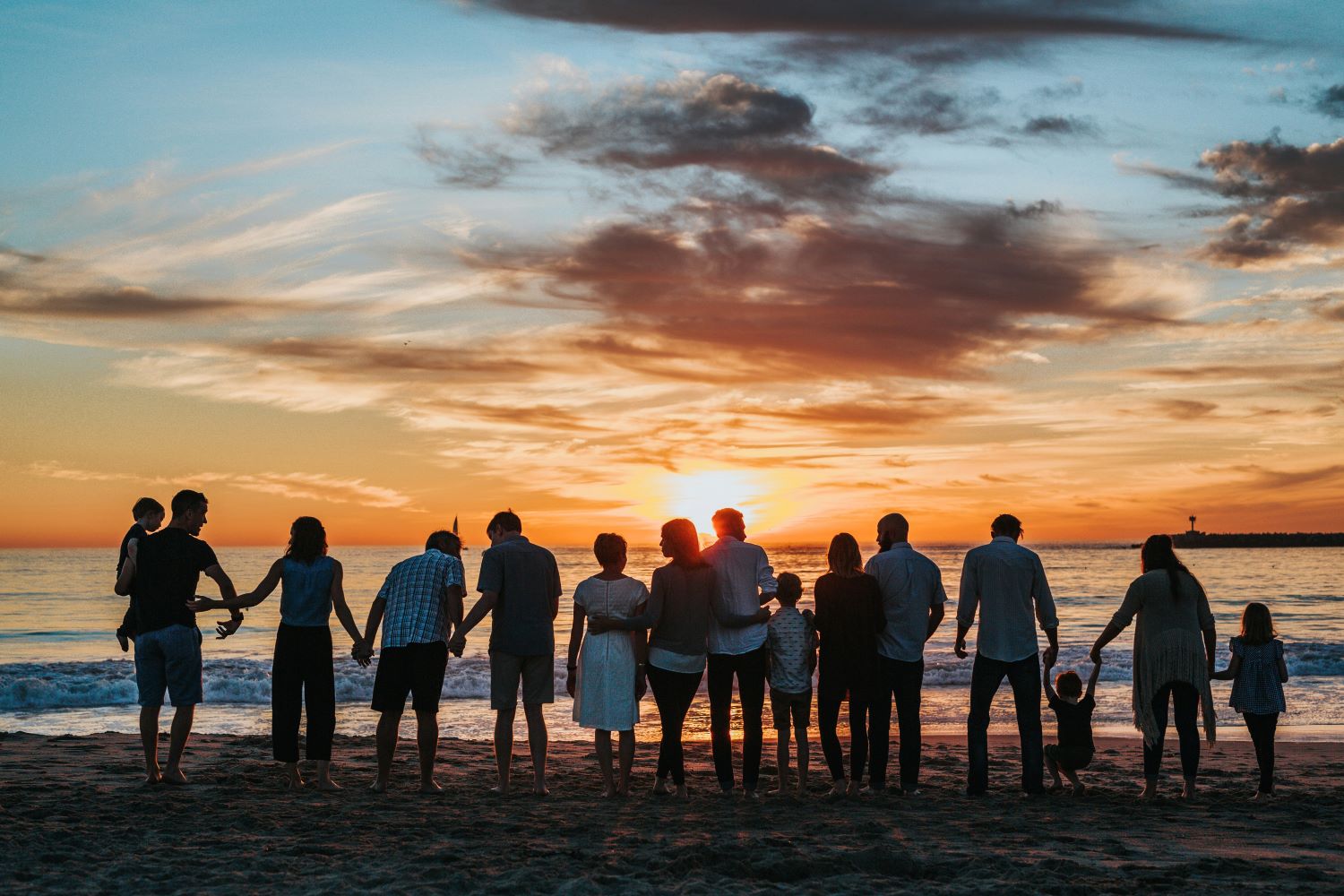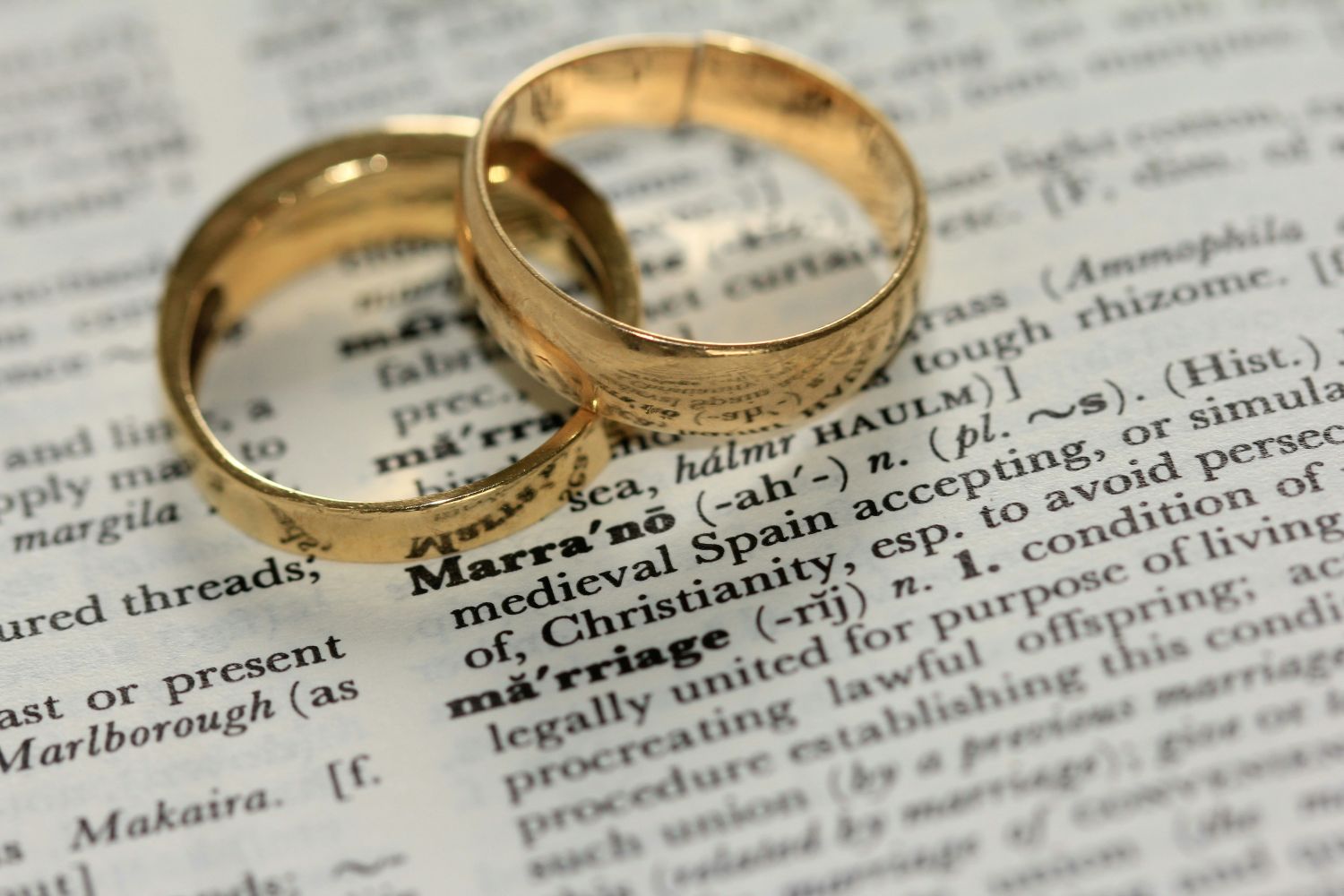Ending a tenancy on short notice where family violence has occurred
Provisions in the Residential Tenancies Act 1986 (“Act”) that enable victims of family violence to leave a tenancy at short notice are in force and can be used, with the corresponding regulations coming into force on 29 December 2022.
On 11 August 2021, changes to the Residential Tenancies Act 1986 took effect. These changes included provisions relating to ending residential tenancies, including fixed term and periodic tenancies, on short notice if that tenant has experienced family violence during their tenancy. No financial penalty can be given to a tenant cancelling this way and the landlord’s agreement does not need to be sought.
Cancelling a tenancy following family violence
Tenants who experience family violence during their tenancy can cancel that tenancy by giving at least two days’ notice to their landlord. They will not need to apply to the Tenancy Tribunal. Family violence in this context is given the same meaning as under the Family Violence Act 2018 (for more information, see here).
The notice itself must be given on a specified form and include certain information which has been set out in the associated regulations. This should be given to the landlord in writing. The notice will be considered to be received by the landlord from the moment it is sent, with the notice period starting the next day. The specified form can be found here.
What sort of evidence of family violence is required?
The notice needs to include at least one form of evidence that the tenant has experienced family violence during the tenancy. Acceptable evidence may include:
a letter or email from one of a number of specified persons (which includes for example a lawyer, a social worker, a medical professional, a counsellor or Police);
a Police Safety Order, a Protection Order or a charging document relating to the family violence; or
a statutory declaration from the withdrawing tenant
What happens once the notice has taken effect?
Once the two-day notice period has passed, the tenant who is withdrawing will no longer be responsible for rent under the tenancy.
If the person cancelling the tenancy is the only tenant, the tenancy will end. The normal end of tenancy requirements will apply.
The cancelling tenant should give notice of their cancellation if there are other tenants remaining at the property. The notice does not have to be given in person and no evidence of family violence or other information needs to be shared. However, if no notice is given to the remaining tenants, the notice given to the landlord will still not fail.
With a few exceptions, the amount of rent that the remaining tenants must pay is reduced for two weeks following the initial two-day notice period. After that, rent will return to the normal amount of rent, as per the tenancy agreement. There are options available to the remaining tenants to negotiate with the landlord to stay in the home with fewer tenants, add a new tenant, find a flat mate, or end the tenancy themselves.
If a dispute arises, an application to the Tenancy Tribunal can be made to resolve the matter.
Landlord obligations
Landlords are encouraged to be flexible in their response to tenants who approach them under these circumstances and must keep any information shared with them confidential, including the notice and supporting evidence. Disclosure can only be made in limited circumstances and the landlord could be liable for a fine of up to $3,000 if they unlawfully share the notice or supporting evidence.
Landlords can also agree to end the tenancy early without having to be provided with the notice or supporting evidence following discussions with their tenant.
Landlords can calculate the amount of the reduced rent according to section 56B(5) of the Act. Such reduction in rent is not a variation of tenancy. Once the rent returns to the normal amount, this does not constitute a rent increase.
Lastly, a landlord cannot challenge a family violence withdrawal notice on the basis of there being no family violence.
If you are a landlord dealing with a situation like this and unsure of your obligations, we can assist you.
You have the right to be safe
If you are being abused, remember that it is not your fault, it is not acceptable, and it is not okay. You have the right to be safe and to live a life free from family violence. These new provisions offer a way out for those feeling stuck in a violent relationship due to living commitments.
The specialist Family Law team at Holland Beckett are available to give advice on ending tenancies at short notice due to family violence and are experienced with applying to the court for protection orders also. Do not hesitate to reach out to us if you require assistance.
If you are in danger now:
Phone the Police on 111 or ask neighbours or friends to ring for you.
Run outside and head for where there are other people.
Scream for help so that your neighbours can hear you.
Take the children with you.
Do not stop to get anything else.
Where to go for help or more information:
Shine: Free, confidential, national helpline operates 24/7 – 0508 744 633, www.2shine.org.nz
Women\'s Refuge: Free, confidential, national crisis line operates 24/7 – 0800 refuge or 0800 733 843, www.womensrefuge.org.nz
Shakti: Providing specialist cultural services for African, Asian and Middle Eastern women and their children. Free, confidential, national crisis line operates 24/7 – 0800 742 584
It\'s Not Ok: Free, confidential, national helpline operating 9am-11pm daily – 0800 456 450, www.areyouok.org.nz
Hey Bro Helpline: Supporting men to be free from violence: a free, confidential, national helpline operating 24/7 – 0800 HeyBro (439 276)
Elder Abuse Helpline: A free, confidential, national helpline operating 24/7 – 0800 32 668 65, text 5032, email: support@elderabuse.nz
Youthline: A free, confidential, national helpline operating 24/7 – 0800 376 633, free text 234, email: talk@youthline.co.nz










